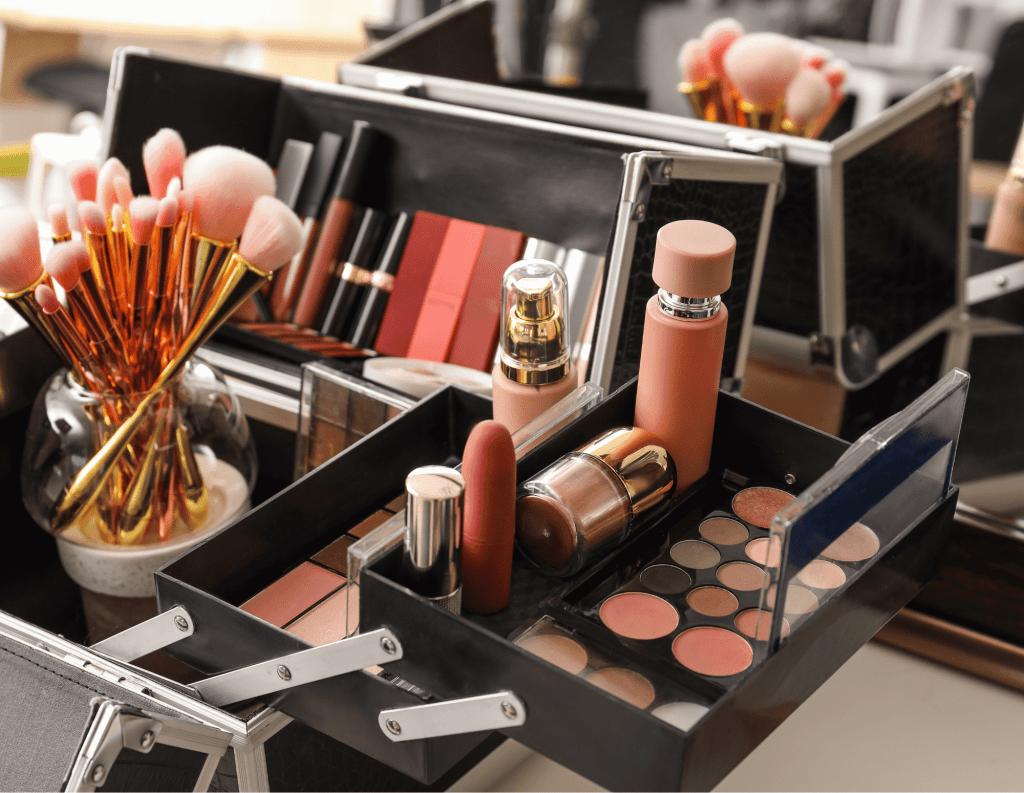When it comes to achieving that flawless makeup look, nothing quite compares to the importance of good quality makeup brushes. Think of your brushes as the tools that transform your face into a canvas. Without the right tools, even the most dazzling makeup products can fall short. So, how do you choose the best makeup brushes for your needs? Let’s dive in!
Understanding Makeup Brushes
Makeup brushes are designed specifically for different tasks. But what exactly does each brush do? A basic knowledge can significantly enhance your makeup application skills. Imagine trying to paint a masterpiece with a single brush—it’s a recipe for disaster!
Types of Makeup Brushes
There are several types of makeup brushes, each serving a unique purpose. Here’s a brief overview:
Foundation Brush
This brush is your go-to for applying liquid or cream foundation. With its dense bristles, it allows for an even application, creating a seamless base. Think of it like the first layer of paint on a canvas—critical for getting the look just right.
Blush Brush
Blush brushes are often angled and fluffy. Their rounded tip helps distribute color evenly. You wouldn’t want your cheeks to look like a circus clown, would you?
Eyeshadow Brush
For those vibrant eyeshadow applications, a good eyeshadow brush is a must. These brushes often come in various shapes—flat, fluffy, or tapered—depending on whether you’re packing on shadow or blending for a smoky effect.
Concealer Brush
Spotting imperfections? A concealer brush can help you cover blemishes or dark circles precisely. It’s like using a fine paintbrush to add in the details of your masterpiece, making sure everything looks perfect.
Choosing the Right Makeup Brushes
Choosing the right makeup brushes can feel overwhelming, but here are some handy tips:
Synthetic vs. Natural Hair Brushes
One of the first decisions is between synthetic and natural bristles. Synthetic brushes are usually made from nylon or polyester, making them ideal for liquid products. In contrast, natural hair brushes, made from animal hair, are best for powder products. It’s akin to choosing the right ink for your pen—what you use can change the entire outcome!
Quality Over Quantity
You don’t need a hundred brushes. A few high-quality brushes can go a long way. Imagine trying to create a lovely garden with too many tools, instead of investing in a few top-notch ones—it might just lead to chaos!
How to Care for Your Makeup Brushes
Once you’ve gathered your brushes, it’s crucial to keep them in tip-top shape. Dirty brushes can harbor bacteria and lead to skin issues. Here’s how to extend their lifespan:
Regular Cleaning
It’s essential to clean your brushes regularly, ideally every couple of weeks. Use a gentle brush cleaner or baby shampoo, wash the bristles, and lay them flat to dry—just like any good gardener tends to their tools!
Storage
Store your brushes upright in a holder to maintain their shape. Avoid tossing them into a drawer; it’s like crumpling a beautiful painting and expecting it to look pristine later.
Conclusion
In the world of makeup, brushes are not just accessories; they are essential tools that can enhance your beauty routine. By understanding the various types of brushes and their uses, making informed choices about quality, and learning proper care techniques, you’re well on your way to perfect makeup at your fingertips. So next time you’re in front of the mirror, remember: the right makeup brushes make all the difference in your masterpiece.
FAQs
1. How often should I clean my makeup brushes?
Ideally, clean your brushes every two weeks to prevent bacteria buildup.
2. Can I use the same brush for different makeup products?
While it’s possible, it’s best to use dedicated brushes for liquids and powders to avoid mixing products.
3. What’s the best material for makeup brushes?
Both synthetic and natural fibers have their advantages; choose based on the product type you’ll mostly use.
4. How long do makeup brushes typically last?
With proper care, high-quality brushes can last several years, while cheaper ones might wear out sooner.
5. Is it necessary to invest in expensive brushes?
Not necessarily; it’s all about finding quality that suits your budget. A few great brushes can outperform a bunch of low-quality ones.

